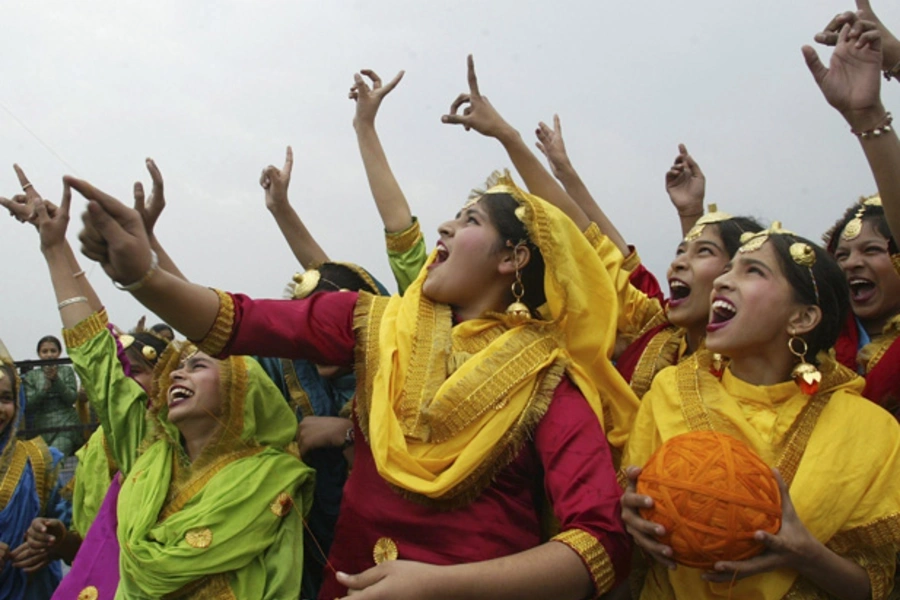Welcome to Women Around the World

More on:
Welcome to Women Around the World, a forum to explore the relationship between the advancement of women and U.S. foreign policy interests, including prosperity and stability.
In the twenty-first century, U.S. foreign policy leaders increasingly recognize that nations cannot get ahead if half their population is left behind. A mounting body of evidence supports this proposition. Major financial institutions, including the International Monetary Fund and the World Bank, have concluded that women’s participation in the economy reduces poverty and grows gross domestic product (GDP). Research confirms that investment in women’s health and education improves child survival and educational attainment across generations. Women’s representation in the halls of power makes government institutions more representative and inclusive. And women’s participation in peace processes helps elevate issues that are critical to long-term stability, such as employment, justice, and human rights. The status of women around the world matters—not only to individuals, families, and communities, but also to the realization of U.S. foreign policy goals.
Over the past two decades, as evidence of the strategic importance of gender equality has multiplied, the policy framework governing women and U.S. foreign policy has grown as well. Today, the U.S. National Security Strategy recognizes that gender equality is vital to stability. The U.S. government created a National Action Plan on women, peace, and security and developed an international strategy to reduce gender-based violence. Both the State Department and the U.S. Agency for International Development issued policies requiring all bureaus and missions to incorporate gender equality into programs, management, training, and evaluation.
In addition, on the global stage, a range of multilateral organizations have committed to incorporating a focus on women into practices and programs. Leaders from APEC nations and the G-20 have established concrete goals to promote women’s economic participation. At the United Nations, the emerging sustainable development framework—to be finalized in New York this fall—includes several new targets to advance gender equality.
Women Around the World will analyze these developments, explore how policies are implemented, and examine why improving the status of women and girls advances U.S. development and diplomatic interests. We will highlight new research, ideas, and approaches, and feature contributions from emerging scholars and practitioners—including voices from government, academia, civil society, and the private sector. Council on Foreign Relations scholars also will regularly provide timely analysis of articles, reports, roundtable meetings, and more.
We hope to hear from you along the way.
More on:
 Online Store
Online Store